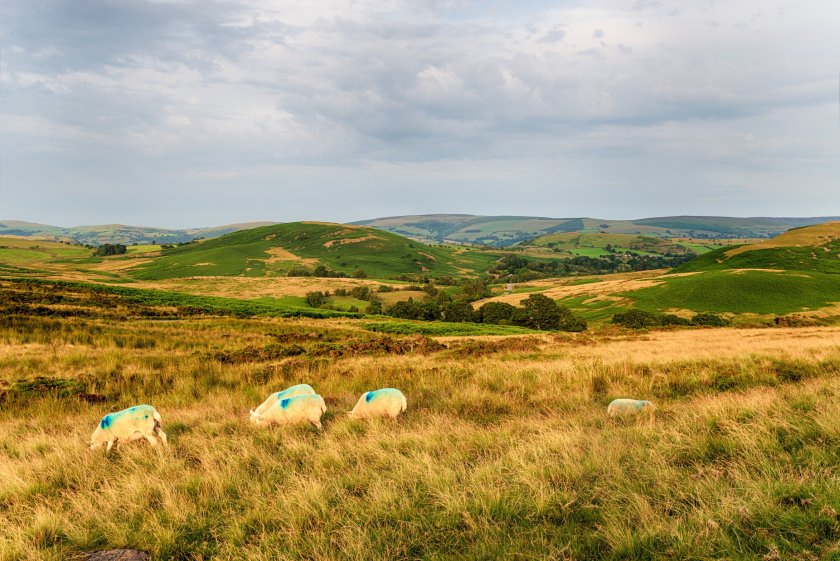
Scottish sheep farmers are calling on future support schemes to be 'fit for purpose' while ensuring the viability of those farming in disadvantaged areas.
The body is also highlighting the importance of industry engagement to ensure future farming schemes are reaching those in most need, particularly in remote areas.
The viewpoints are part of the National Sheep Association (NSA)'s response to the Scottish government's Rural Development Regulation 2024 consultation.
Figures show that 90% of Scotland’s national sheep flock are on less favoured area (LFA) holdings, while around 85% of the Scottish farmed area is classified as LFA.
The industry has also seen a reduction in the Scottish national sheep flock and beef herd in recent years.
NSA Scotland coordinator, Grace Reid said financial support for these areas should be extended and built upon due to uncertainty over post-Brexit farm support.
She said: "We would welcome discussions surrounding future schemes such as Less Favoured Area Support Scheme (LFASS) and Scottish Rural Development Programme (SRDP).”
NSA Scotland, as well as others in the industry, are calling for a redesign of LFASS that would improve future disadvantaged area support in Scotland.
The sheep body believes the current LFASS budget of £65m should be at least maintained and redistributed to those who are farming livestock in disadvantaged areas, many of whom depend on financial support.
The consultation response also provided the NSA with an opportunity for it to reiterate the socio-economic and environmental value of active farming and crofting on poorer land or in remoter locations.
Ms Reid added that the Scottish government must be aware of the 'wide ranging external pressures' facing the agricultural industry today.
She said: "Factors such as inflation, climate change adaption, biodiversity loss, and an ageing workforce population have all been wreaking havoc on businesses and threaten their existence.
"We have already seen a reduction in the Scottish national sheep flock and beef herd in recent years, this needs to be halted wherever possible."
